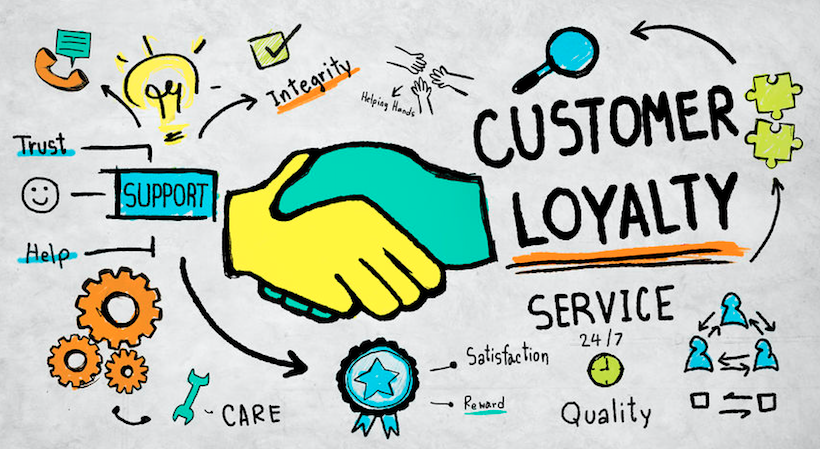A surprising number of startup entrepreneurs have little clue as to
why their targeted customers will buy or not buy their product or
service. Even if your sales jump quickly out of the starting gate, with
little buyer information to go on, your sales calls may soon go
unreturned and you’ll be spending excessive time on bids and proposals
that go nowhere.
Our sales training
lesson here – some startups suffer from “Tortoise & Hare Syndrome”
where sales start fast, but then the business owners get a little
overconfident, thinking it will all be easy. All too soon, the sales
effort starts to coast. That’s when the slow and steady tortoise (your
competition) passes you snoozing on the sidelines.
To improve your sales efforts, focus on the key building blocks to sales success and improving your sales “personality.”
Over time — even a small amount of time — little things you’ve done to
disappoint customers can build up. Maybe it’s something you said, or
didn’t say. Perhaps it’s a glitch in service that the customer never
bothers to mention or a piece of information they’re missing or an
appointment you had to cancel.
Whatever the reasons, the solution lies in acquiring the habits and attributes common to sales success.
Here are some of the specific steps your startup business can take to establish and maintain a strong sales personality.
- Ask before you act.
Take more time to discover your customer’s needs, desires and
expectations. Offer them the spotlight. They are the intended buyer, so
it’s all about them, not about you. This will tune you in to why they
buy. - Become a valued resource.
This is a natural consequence of the first step. If you take time to
listen and ask questions, you will quickly be perceived as a resource,
consultant or problem solver, rather than just a sales person. - Do your homework.
Demonstrate that you are willing to help the customer by anticipating
what they need and having answers to potential objections. Make them
good, solid answers grounded in an unshakable understanding of how your
product or service fits the customer. - Under promise and over deliver.
One reason a business starts fast and then stumbles is that it promised
what it could not deliver. Far better to promise slightly less than
what you can truly deliver, and thereby exceed customer expectations
rather than falling short. The customer will be pleasantly surprised
and more likely to become a repeat buyer. - Relax and get real.
A stiff robot-like sales approach won’t win over many prospects. If
your sales people are uncomfortable, the client will probably be
uncomfortable too. - Be positive and stay positive, no matter what.
It’s easy, and potentially deadly to get grumpy or cynical if sales get
sickly. But when selling heads south, it’s all the more important to
display a winning smile and positive attitude — especially for the
business owner in charge. - Take a few chances.
Try out a new approach, a new marketing pitch or advertising channel.
You’ll make mistakes, but learn from them. The rewards you gain are
often a function of the risks you’ve taken. When operating a business
in today’s competitive world, the greater risk is in thinking that the
status quo will suffice. - Be an opportunist.
Turn on or tune up your new opportunity radar. One of the dangers of
early success in a startup is a sense of entitlement to new business.
Opportunities almost always abound. You just have to know where to look
and how to recognize them. Be constantly alert to potential
partnerships, tie-ins or other ways to expand your selling base. - Retake the sales reins.
If you’ve handed over the main sales effort to someone else, it might
be time to step in yourself to right the ship. Initial sales success
might have had your own personality stamped on it more than you know. - Create a culture of “Yes.”
Sales efforts suffer when people start making excuses, whining about
failure and believing that “No” is the natural state of affairs.
Encourage belief that appointments will come, sales will follow and
success will be yours.
Our Bottom Line:
Developing a compelling sales personality for your startup is an
important piece of your sales training efforts right from the
beginning. Focus on the key building blocks to sales success and on
acquiring the habits and attributes common to winning sales superstars.
© 2005 BizBest Media Corp.






